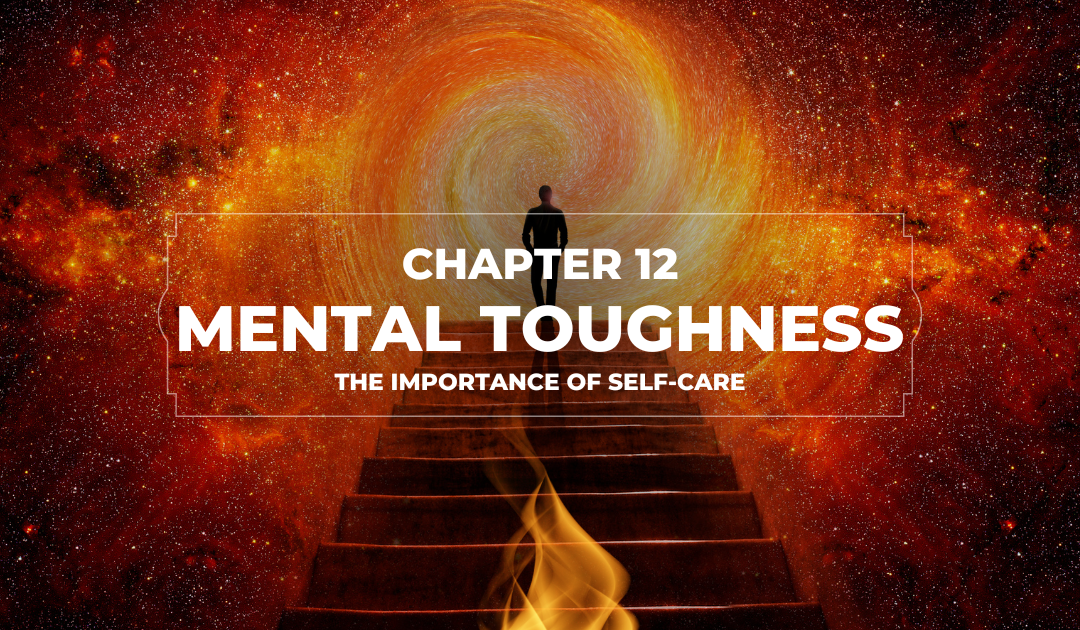Self-care is an essential component of mental toughness that can help individuals maintain physical and emotional well-being, manage stress, and prevent burnout. Self-care involves taking care of one’s physical, emotional, and mental health through various activities and practices. In this chapter, we will discuss the importance of self-care, and how it relates to mental toughness. We will explore the impact of stress and burnout on mental health, and provide practical tips for practicing self-care and maintaining physical and emotional well-being.
Understanding Self-Care: What Is It?
Self-care encompasses a broad range of activities and practices that promote physical, emotional, and mental health. It’s not just about indulgence; it’s about maintaining and improving your overall well-being. Self-care involves consciously taking the time to nurture yourself in various ways, from relaxation and stress reduction to fostering positive relationships and personal growth.
Different Aspects of Self-Care
- Physical Self-Care: This aspect focuses on activities that promote your physical health, such as regular exercise, a balanced diet, adequate sleep, and proper hygiene. Taking care of your body is fundamental to your overall well-being.
- Emotional Self-Care: Emotional self-care involves recognizing, acknowledging, and addressing your emotions. It includes practices like journaling, meditation, and therapy to help you process your feelings and maintain emotional balance.
- Mental Self-Care: This facet of self-care focuses on keeping your mind sharp and engaged. Activities like reading, puzzles, and learning new skills contribute to mental self-care.
- Social Self-Care: Nurturing healthy relationships with family and friends is vital for emotional and mental well-being. Social self-care involves spending quality time with loved ones, building and maintaining connections, and seeking support when needed.
Why Self-Care Matters
Prioritizing self-care is essential because it has a profound impact on your overall quality of life. Here are some compelling reasons why self-care should be at the forefront of your daily routine:
1. Stress Reduction
Stress is an inevitable part of life, but practicing self-care can help you manage and reduce stress levels. Engaging in relaxation techniques, such as meditation and deep breathing, can significantly lower your stress and anxiety.
2. Improved Physical Health
Regular exercise, a balanced diet, and adequate sleep are all key components of self-care. These habits help maintain your physical health, boost your immune system, and reduce the risk of various health conditions.
3. Enhanced Mental Clarity
Mental self-care activities, such as reading and problem-solving, keep your mind sharp and improve cognitive functions. This can lead to better decision-making and increased productivity.
4. Better Emotional Well-Being
Acknowledging and addressing your emotions through emotional self-care practices can lead to improved emotional stability and mental health. It allows you to process and manage your feelings more effectively.
5. Stronger Relationships
Social self-care plays a vital role in building and maintaining healthy relationships. Taking the time to connect with loved ones and seeking support when needed can enhance your emotional well-being and strengthen your social bonds.
Incorporating Self-Care into Your Daily Routine
Now that we’ve established the significance of self-care, let’s explore how you can make it a part of your daily life. Here are some practical tips to help you get started:
1. Create a Self-Care Plan
Begin by creating a personalized self-care plan. Identify the activities that resonate with you, such as exercise, meditation, or spending quality time with friends and family. Having a plan in place can help you stay organized and committed to self-care.
2. Prioritize Sleep
A good night’s sleep is the foundation of self-care. Ensure you get enough rest each night to recharge your body and mind. Establish a bedtime routine that helps you relax and unwind before sleep.
3. Set Boundaries
Learn to say no when necessary and set healthy boundaries in your personal and professional life. Overcommitting and neglecting your own needs can lead to burnout and stress.
4. Practice Mindfulness
Mindfulness is the art of staying present in the moment. Engage in mindfulness activities like meditation, deep breathing, or yoga to center yourself and reduce stress.
5. Seek Professional Help
If you’re struggling with emotional or mental health issues, don’t hesitate to seek professional help. Therapy and counseling can provide valuable support and strategies to improve your well-being.
Self-care is an essential component of mental toughness that can help individuals maintain physical and emotional well-being, manage stress, and prevent burnout. By prioritizing sleep, exercising regularly, eating a healthy diet, practicing relaxation techniques, and engaging in enjoyable activities, individuals can practice self-care and promote better mental and emotional health.

